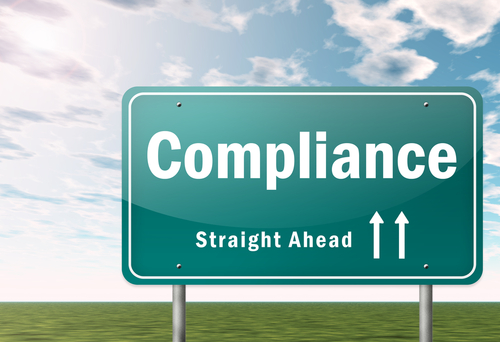Among all the hugely consequential actions coming out of 2020 is the election of a new president. There is no shortage of daylight between President Joe Biden and Donald Trump on many key issues.

Biden announced a number of major policy initiatives once he was sworn in on January 20, 2021. One area in particular that could see major changes is labor and employment law and regulation, something HR professionals should be careful to pay attention to. In this post, we look at some of the biggest potential changes under a Biden administration.
HR Changes in a Biden Administration
Biden has made his intentions with respect to labor and employment clear in his campaign and postelection statements. On his website, he lists the following broad policy objectives for his presidency:
- Check the abuse of corporate power over labor, and hold corporate executives personally accountable for violations of labor laws.
- Encourage and incentivize unionization and collective bargaining.
- Ensure that workers are treated with dignity and receive the pay, benefits, and workplace protections they deserve.
The extent to which these policy statements translate into actual enforceable policy depends on many factors, including Congressional support.
The Road Ahead: What’s Likely?
“The new president will not be able to implement his full campaign platform on labor issues without Congressional approval, but parts of it can be done through executive orders or the regulatory process,” writes Bill Conerly in an article for Forbes. The result will be a more challenging environment for businesses with employees—including some that don’t have employees now, but will find that their contractors are now employees.”
Conerly explains that the Biden administration’s greatest impacts could come from new appointments to the National Labor Relations Board (NLRB), which has broad authority over U.S. labor laws. Key areas the NLRB could impact include the treatment of employees of franchisees as jointly employed by both franchisee and franchisor (i.e., by both an independent McDonald’s franchise and the McDonald’s corporation).
Additionally, the NLRB could update treatment of contractors to provide protections normally accorded only to employees and make it easier for unions to organize within companies.
It may be too soon to tell how far Biden’s policy proposals will go, but his stated intentions are clear enough, and much of what he has advocated for can be accomplished through the NLRB.
Employers and HR teams should expect challenges in the future and keep their ears to the ground to be informed of new rules that might impact their business.
